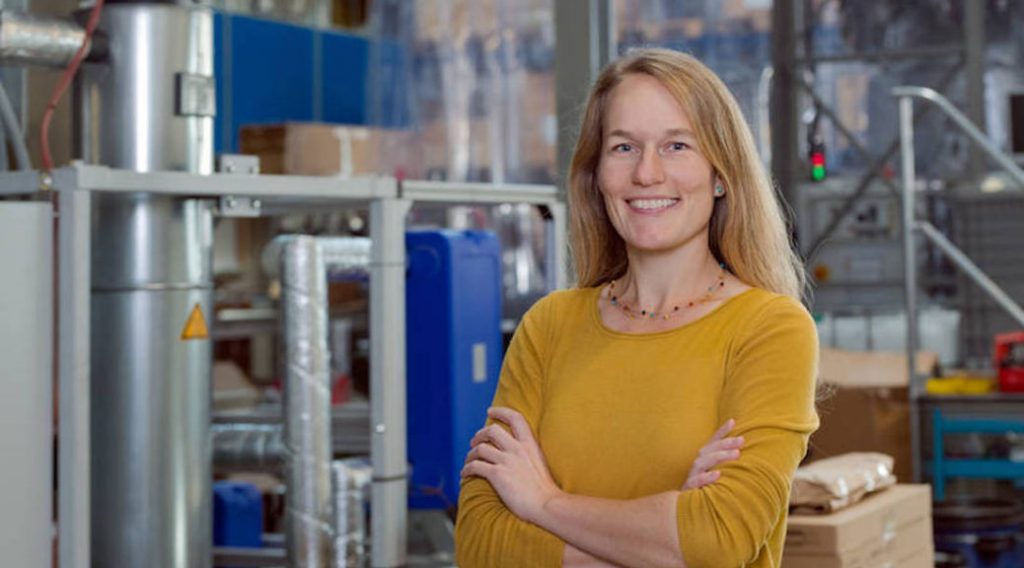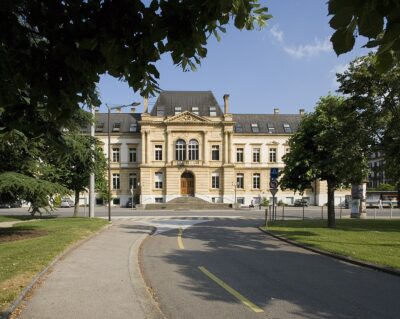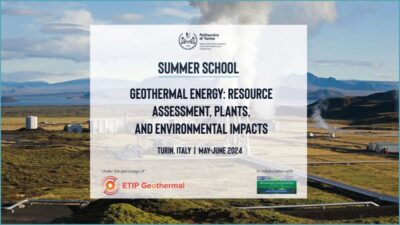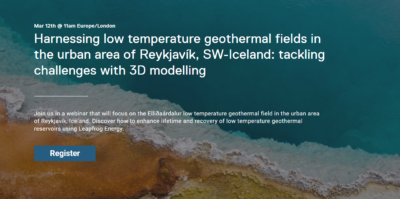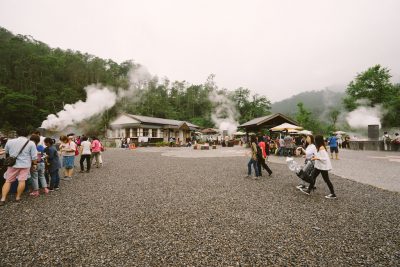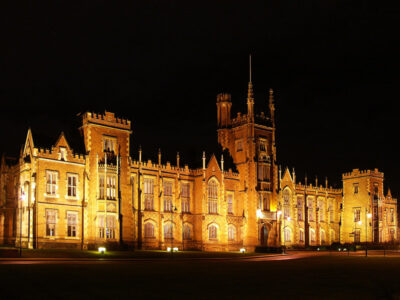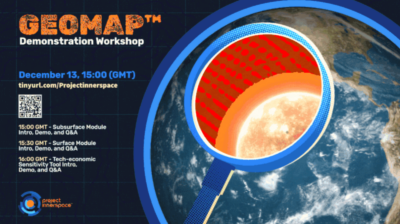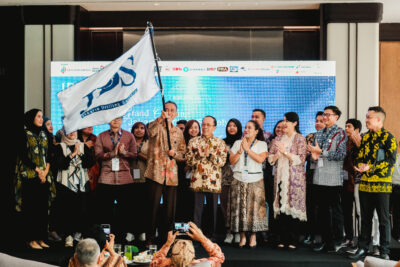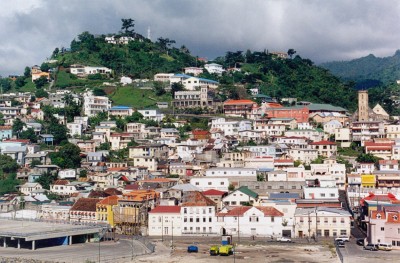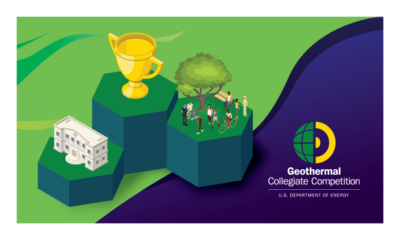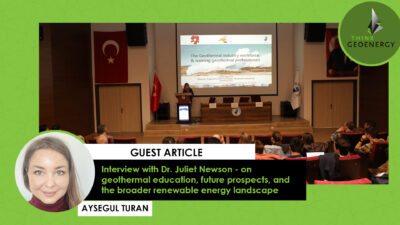Three universities in Bavaria/ Germany team up to form Geothermal Alliance
Three universities in the State of Bavaria in the South of Germany team up to form the Geothermal Alliance Bavaria, to study the utilisation of geothermal energy. The Alliance is being headed by the Technical University of Munich (TUM).
Having met some of the people involved in getting this fine initiative under way earlier this fall, I am pleased to here share a release by the Technical University of Munich on the Geothermal Alliance Bavaria.
Within the Geothermal Alliance Bavaria (GAB), three universities in the state of Bavaria in Germany, have teamed up to study the utilisation of geothermal energy, headed by the Technical University of Munich (TUM). In an interview published by TUM, project coordinator Dr. Katharina Aubele of TUM’s Munich School of Engineering discusses the benefits of this form of renewable energy and explains where more research is needed.
How did the GAB come about?
Aubele: The Geothermal Alliance Bavaria was established as an interdisciplinary research project under an initiative of the Bavarian state government. The consortium is made up of the Friedrich Alexander Universität (FAU) in Nuremberg, the University of Bayreuth and TUM. The alliance is working in close cooperation with operators of geothermal facilities.
Why is Bavaria’s geology so well suited for deep geothermal applications?
Aubele: As a rule, geothermal applications in Bavaria involve hydrothermal set-ups. That means pumping high-temperature water that is present at great depths. The geological conditions in Bavaria are very favourable for this approach. Below the surface we have Southern German Molasse Basin deposits. This is the foreland basin that has formed north of the Alpine mountain belt. Below the Molasse Basin deposits, there is a deep aquifer known as the Malm that dates back to the Late Jurassic epoch. The limestone formations in the aquifer are subject to karstic erosion, which tends to produce large hollow spaces that are conducive to excellent water flow. The Alps are pushing down on this layer, causing even hotter temperatures. That means that there is a permeable layer at a depth of 3000 to 5000 metres. When a hole is drilled down to that layer and the hot groundwater is pumped to the surface, it can be used directly. Of the 33 deep geothermal installations in Germany, 21 are in Bavaria.
How is the water pumped to the surface and utilised?
Aubele: A hydrothermal set-up generally takes the form of a doublet. That means that two wells are drilled. The first is the production well, through which the hot groundwater is pumped to the surface, in most cases using submersible centrifugal pumps. If the water reaching the surface is not hot enough to generate electric power, it is used for district heating via heat exchangers. The cooled thermal water is returned to the reservoir through the injection well to maintain equilibrium in the aquifer. The thermal water is pumped to the surface in a closed loop and does not come into contact with the atmosphere.
What advantages does geothermal energy offer over other energy sources?
Aubele: It can be considered a form of renewable energy. Naturally we remove a little heat from the Earth’s crust over extended periods. However, when we consider that the Earth is 4.6 billion years old and the core temperature is still several thousand degrees Celsius, it’s clear that this cooling process will have no impact over the course of our lifetime or even our grandchildren’s lifetime. Another advantage of geothermal energy is that, in contrast to solar or wind energy, it is completely independent of the time of day and the seasons.
The objective of the GAB is to conduct research on open questions related to the use of geothermal energy. Can you give us some examples of planned projects?
Aubele: One area of research is scaling. There is a lot of hard water here in Bavaria. When it is pumped to the surface, the drop in temperature as well as pressure causes sedimentation of the dissolved minerals. The main problem is then the lime deposits throughout the system, which of course damage the seals, standpipes and pumps. Descaling is a time-consuming and costly process for system operators. The GAB will study the mechanisms behind scaling in order to develop successful approaches for avoiding it. In addition, we were also recently selected by the German Federal Environment Agency for a project to study how to integrate geothermal electric power into the electricity market.
There are also plans for a degree programme in geothermal energy.
Aubele: The geothermal/geoenergy programme will be set up within the framework of the GAB, and is due to begin in the winter semester of 2017/18. It will be coordinated by FAU, which will also run most of the lectures, labs and seminars. The course is intended above all for engineers and geoscience students. However, it will also cover skills that are important especially for geothermal science and renewable energy. Courses of this kind are relatively rare in Germany at the moment. Along with scientific and geoscience disciplines, students will acquire a knowledge of business, regulatory aspects of renewable energy, and civic participation issues.
Civic participation is also a topic of interest for the GAB …
Aubele: To succeed in establishing this kind of technology, you have to have the public on your side. There are always concerns. For example, people wonder: What will happen below ground? Will my property sink? Will my house fall into a hole? These fears must be taken seriously. Another fear is that it might trigger earthquakes. In Bavaria we have the good fortune of living in a region where there is not much pre-existing geological tension below ground. There are also plans to set up a monitoring network for municipal areas to address these concerns. All in all, it has been my experience that many concerns can be clarified by being open and honest and explaining everything.
Further information:
The Geothermal Alliance Bavaria (GAB) was established to investigate scientific phenomena in the field of deep geothermal energy and as a networking platform for facility operators to share their experiences. The alliance consists of seven research chairs, junior research groups, working groups of the Technical University of Munich (TUM), GeoZentrum Nordbayern at FAU Nuremberg-Erlangen, and one chair at the University of Bayreuth. The Munich School of Engineering (MSE) at TUM is responsible for project coordination. The cooperative research project is supported by the Bavarian Ministry for Education, Science and the Arts.
Source: Technical University of Munich
